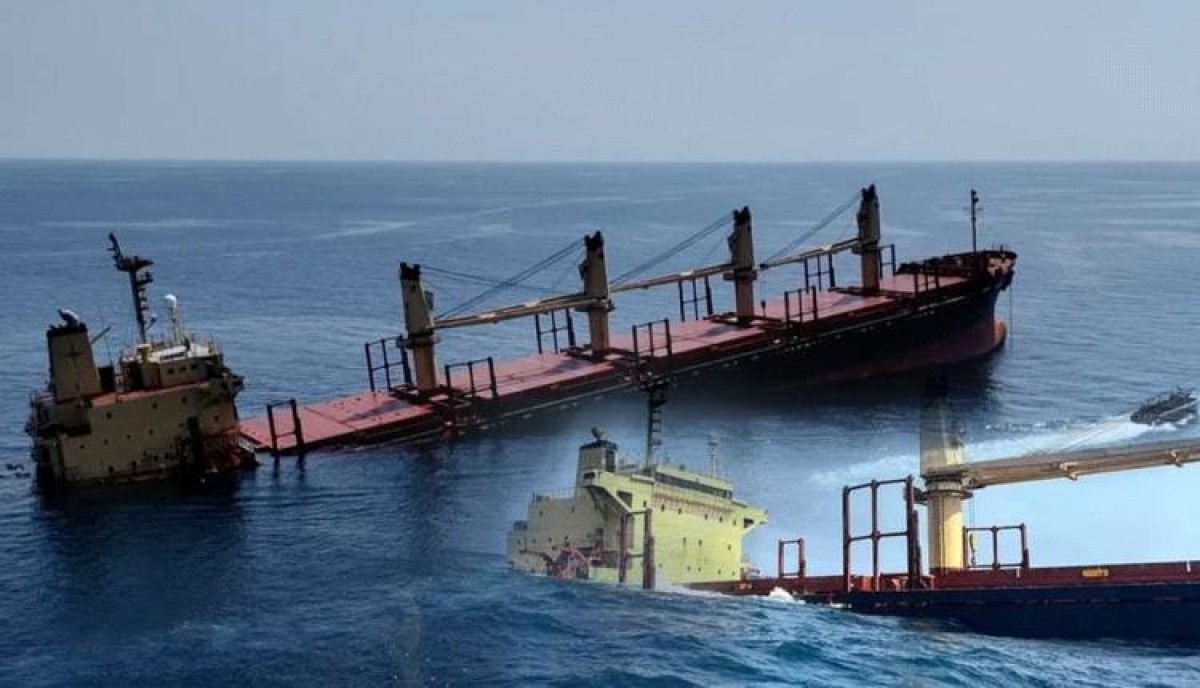Experts: The disaster of the sinking of the ship "Rubimar" could be avoided in one case


Experts warned of an environmental catastrophe that would strike Yemen due to the sinking of the British ship "Rubimar" following a Houthi attack last month.
Commenting on the incident, Ali Al-Sawalma, director of the Marine Sciences Station at the University of Jordan, told Reuters that the release of about 41,000 tons of fertilizer into the waters of the Red Sea poses a serious threat to marine life.
Al-Sawalma added that an overload of nutrients can stimulate excessive algae growth, which leads to the consumption of so much oxygen that marine organisms cannot survive.
He stressed the need for the Red Sea countries to adopt an urgent plan to set a monitoring agenda for polluted areas in the Red Sea and adopt a cleansing strategy.
In turn, Shengchen Tony Wang, an assistant professor in the Department of Earth and Environmental Sciences at Boston College, told Reuters that the overall impact depends on how the water currents deplete the fertilizer and how it is released from the stricken ship.
The southern Red Sea ecosystem is characterized by coral reefs, coastal mangroves, and diverse marine life.
Wang added, "If the ship is salvaged before a major leak occurs, it may be possible to prevent a major environmental disaster."
The agency noted that last year, the region avoided an environmental catastrophe when the United Nations succeeded in removing more than one million barrels of oil from a dilapidated giant tanker anchored off the coast of Yemen. This type of operation may be more difficult in the current circumstances.